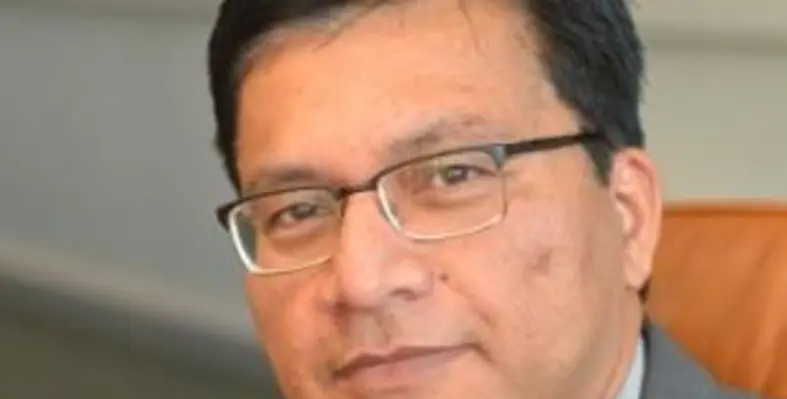The incremental infrastructure and legislative improvements are set to help address many of the challenges endemic to Africa’s capital markets, according to Standard bank
Upgrades in trading and settlement systems and the introduction of new instruments in a number of jurisdictions were matched by increasingly successful efforts at deepening the continent’s domestic capital markets. These improvements were supported by multiple initiatives towards sub-regional and regional integration.
“Improving liquidity, driving new listings and increasing intra-Africa investment rates will also improve global access to African opportunity,” said Hari Chaitanya, head investor services product management, transactional products and services, Standard Bank.
While Africa’s increasingly functional capital markets infrastructure is aggregating domestic capital more effectively, “By also attracting more portfolio investment the continent’s markets are gaining a greater share of global frontier market flows,” added Chaitanya.
Much of Africa’s focus on getting the regulation right has been driven by local African capital markets increasingly benchmarking themselves against global standards. For example, most of sub-Saharan Africa’s capital markets regulators are now members of the International Organisation of Securities Commissions (IOSCO).
“Since IOSCO membership requires benchmarking capital markets against IOSCO standards, African markets have developed a very clear understanding of, and programme for, capital market development,” explained Chaitanya.
On the theme of new technology, outside South Africa and Mauritius, Africa’s relatively under-developed capital markets continue to present a broad opportunity for the region to leapfrog into best-in-class global capital markets systems. A number of markets in the region are experimenting with new technology aimed at growing and deepening their capital markets.
South Africa and Mauritius have introduced regulatory frameworks that encourage industry groups to develop solutions around cryptocurrencies and digital custody.
Liquidity in trading and foreign exchange markets continues to be a key challenge in many African countries, causing significant delays in the repatriation of the proceeds of sales.
The African Exchanges Linkage Project (AELP) is a joint undertaking by the African Securities Exchanges Association (ASEA) and the African Development Bank (AfDB). The AELP aims to address liquidity constraints while promoting the sharing of information between; the Johannesburg Stock Exchange (JSE), the Casablanca Stock Exchange (CSE), the Nigerian Stock Exchange (NGX), the Nairobi Securities Exchange (NSE), the Stock Exchange Mauritius and (SEM), and the Bourse Régionale des Valeures Mobilières (BRVM). It is envisaged that the Linkage Project would enable cross border visibility while allowing investors to trade across each of the linked markets.
Other initiatives are underway to build regional linkages between exchanges in both East and West Africa, with the West Africa Exchange currently working on supporting cross-listing and trading. Presently the BRVM, a regional stock exchange serving Benin, Burkina Faso, Guinea Bissau, Côte d'Ivoire, Mali, Niger, Senegal and Togo is the only functioning regional market covering West African Monetary Union countries.












